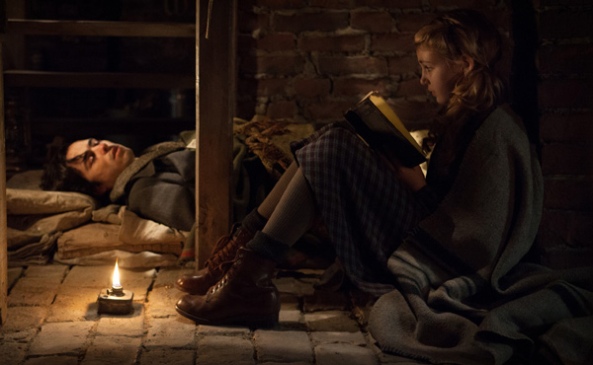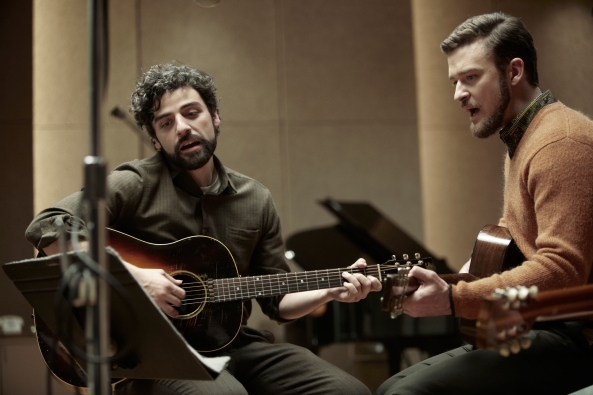Late last January I started working a full time job. I drive a half hour to and back from work each day, I get home late, some nights I go out and others I stay in and try and do nothing at all.
That schedule often does not include watching a movie each night. Suffice it to say, keeping pace with my new and old movie watching was a struggle this year, be it staying up late nights or making the long hike downtown to see obscure art films. Being a cinephile can be hard.
Being a music buff however can be easy. Those drives and those slow moments at work amount to a lot of hours, and the ability to access just about any music has never been easier. I DID listen to music every day this year, and as a result the process of writing my year end Top 10 list was as intensive as I know my upcoming film list will be.
The additional beauty about music is that even in a bad year, there is SO MUCH of it to discover. Music doesn’t operate in the bullshit summer and winter release cycles that film does, so there is not only an album worth streaming each and every week but likely one of these same bands coming through town on a cheap, $20 ticket. Throw in a six buck beer and you have yourself an evening.
2013 was thankfully a great year for music. Those who avoided the controversy of Kanye and Miley and Daft Punk and Arcade Fire were still treated to a plethora of debuts, dream reunions and follow-ups that those in the film and TV industries would relish.
No one is writing think pieces declaring music in a golden age, but no one is declaring it dying either (except maybe David Byrne).
So while I’m still not a music writer, I’m no longer a film guy who dabbles in rock. Music is now my other “thing,” and despite how populist, rockist or in poor critical taste my list turns out, I look forward to doing this every year.
Click through to browse the gallery and read each blurb Continue reading “The Best Albums of 2013”

